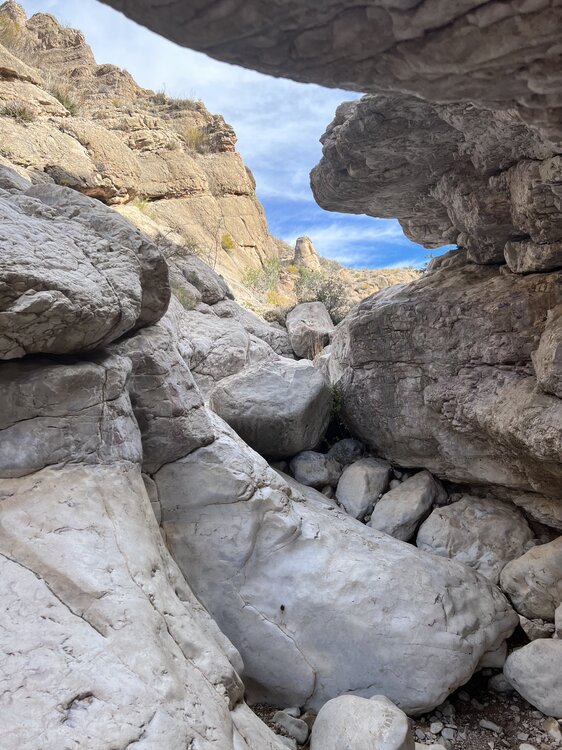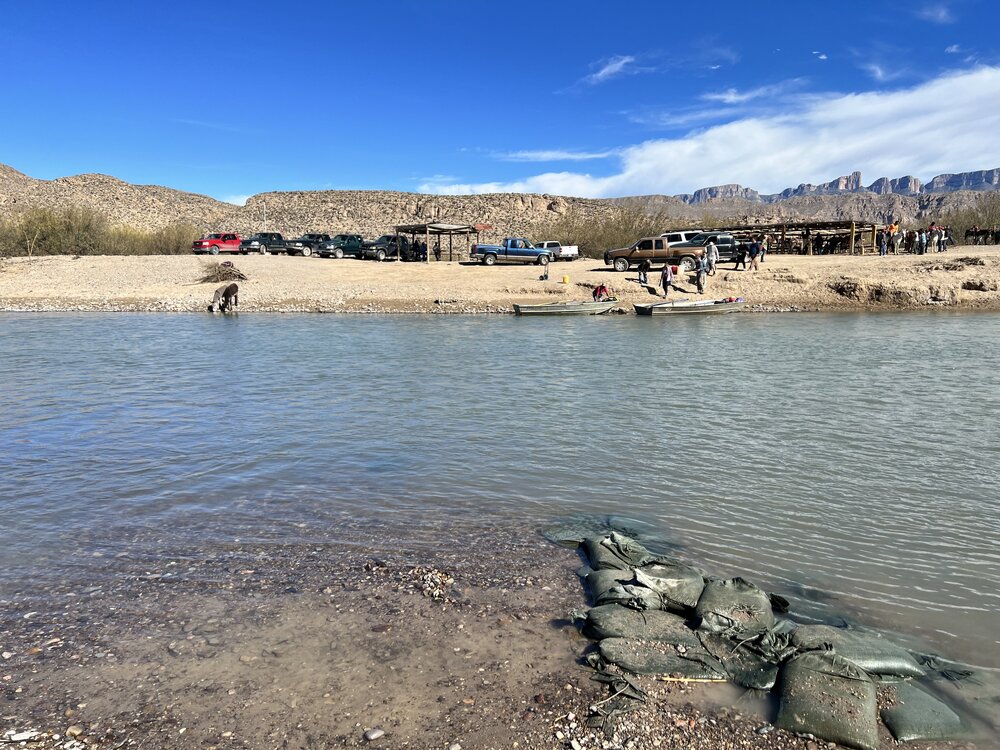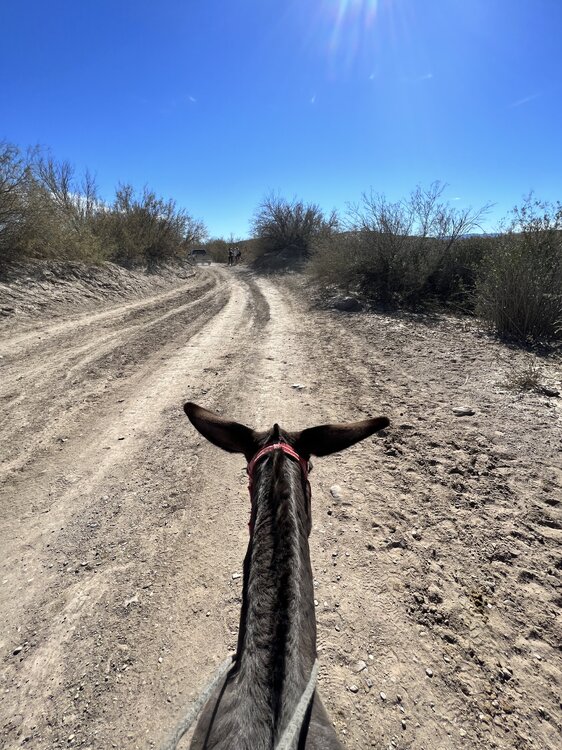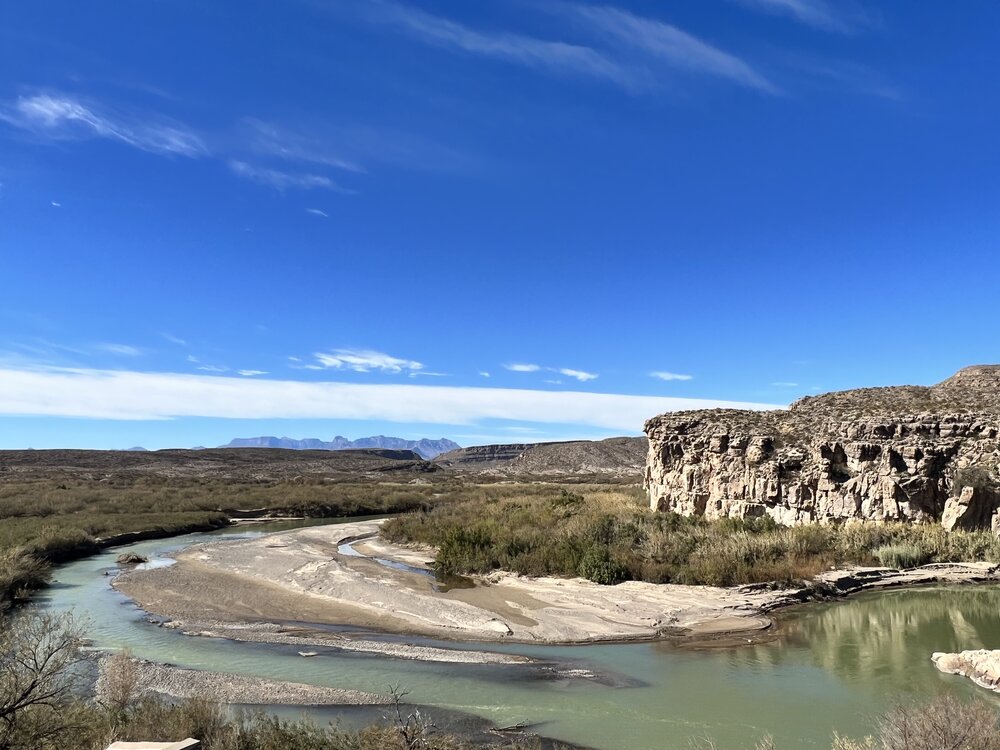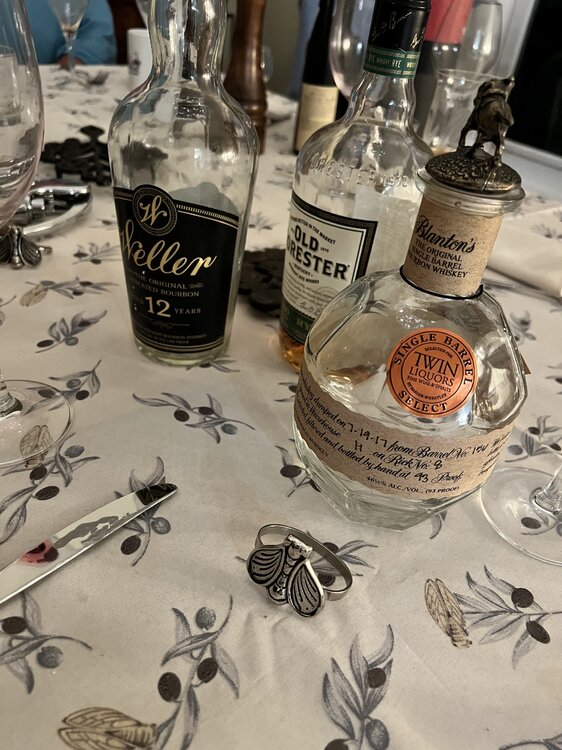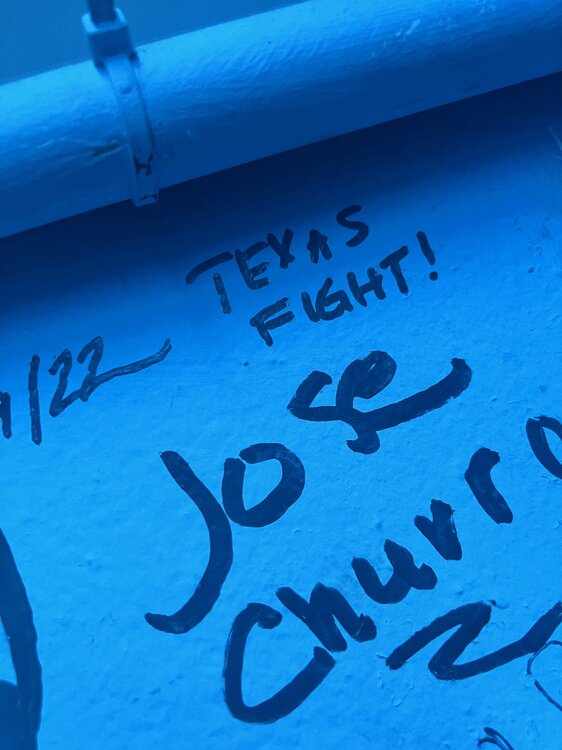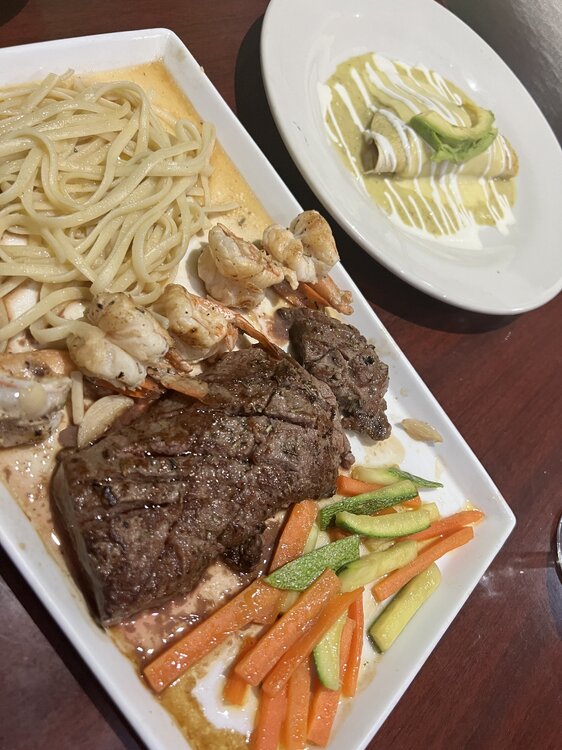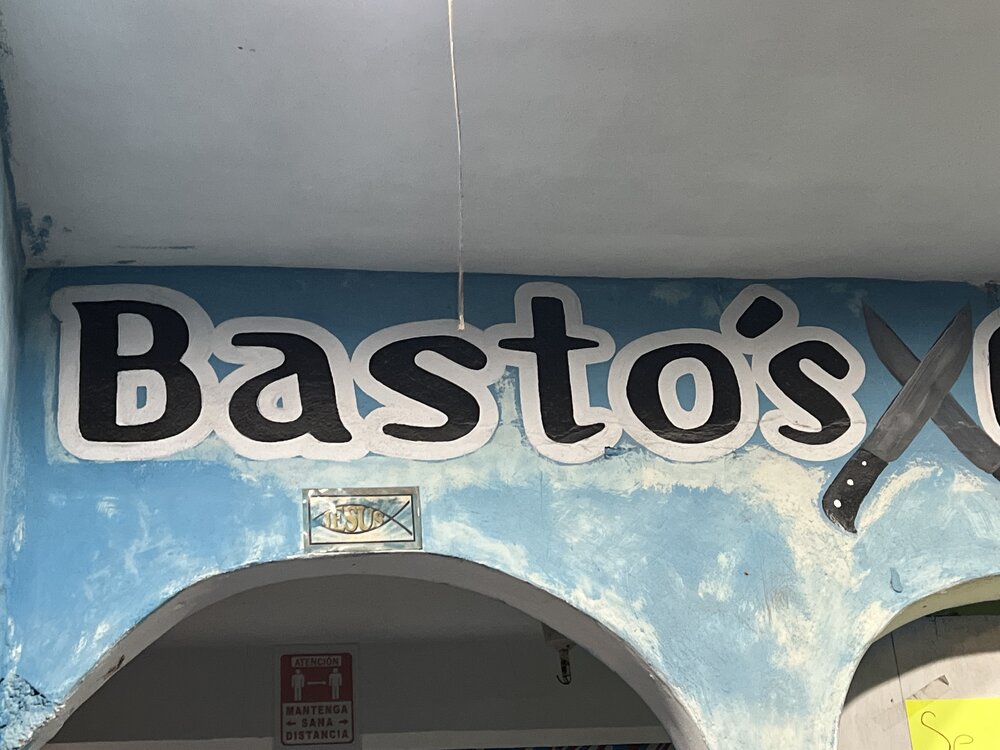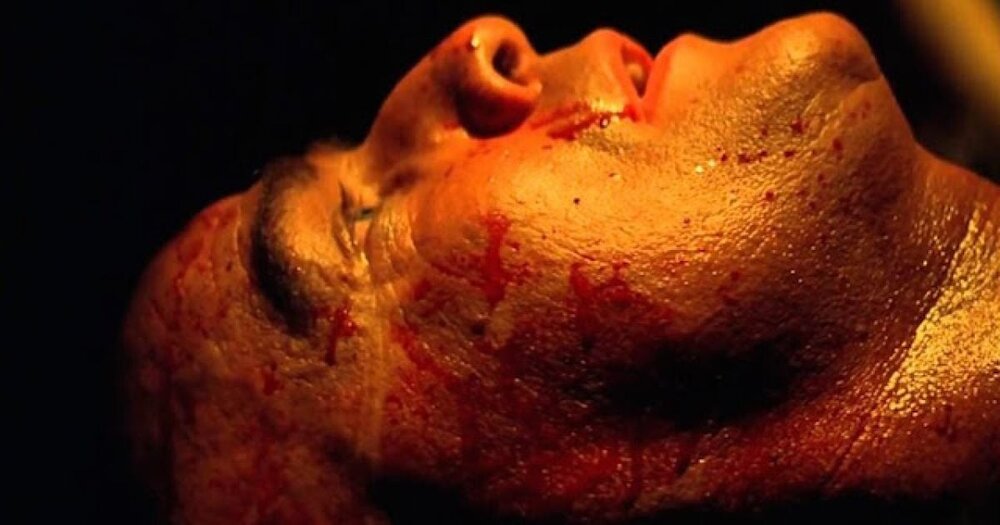yes, these are smooth ostrich classic ropers that I got a hell of a deal on at Cavenders, for ~$350, so re-soling them for $350 seems ridiculous and it will take 3-4 months!
========
Howdy!
Thank you for contacting Lucchese Online Customer Service for Authorized Retailers. We would be happy to provide you with a return number on our Lucchese's Signature Restoration Services!
-Full Soles and Heels: $350.00 plus shipping as of June 01, 2022.
Please provide the following information:
*Store Name:
*Account & Store Number:
*Style Number:
*Size & Width:
*Contact name:
*Phone number:
*Print the attached Waiver release form
This program takes your well-worn Lucchese boots through an entire inspection and refinishing process to ensure impeccable reconstruction and a like-new appearance before they’re returned to you. Please note that we reserve the right to reject and return any boots before the resole/restoration process after a thorough inspection. The reasons for a boot’s rejection may include but are not limited to the following: it has been resoled by anyone other than Lucchese, resoled more than twice (not enough leather on the vamp to resole), or if the leather or components have been damaged beyond repair. The approximate time frame for a repair is 12-14 weeks.
If you have any other questions regarding our repair process, feel free to respond to this email thread, and I'll be happy to assist you!


